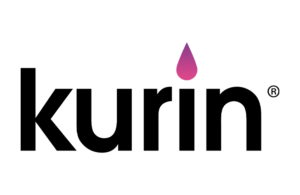 Kurin today announced it has begun full-scale production on its automated machines for the Advance Safety Needle System.
Kurin today announced it has begun full-scale production on its automated machines for the Advance Safety Needle System.
San Diego-based Kurin designed the push-button needle as part of its blood culture collection set to reduce the risk of blood culture contamination.
“We are pleased with the transition to automated manufacturing of the Advance Safety Needle, as market demand for alternative needles has been strong,” CEO Bob Rogers said in a news release. “Needle manufacturers have created significant stress in the supply chain with wide-scale backorders and unprecedented price increases. With our Advance needle, we can better control product availability for the growing Kurin customer base, as well as entertain inquiries from strategic partners looking for their own push-button needle. In addition, we are pleased that Advance shows improved performance characteristics compared to traditional, retraction-oriented products.”
The system has a locking mechanism, Kurin Lock, that serves as a flash chamber to provide visual confirmation of proper needle placement in a patient’s vein. The chamber is U-shaped to capture approximately 0.15 mL of blood flow. Once the blood culture collection bottle is attached, the blood flows from the vein and into the blood culture bottle through the sample channel.
Kurin designed the blood collection system to accomplish a washout of a 21-gauge needle, is sensitive to blood wastage and can be used in pediatric patients.
Contaminated blood cultures affect one-third of positive blood test results resulting in incorrect readings, according to the company. They can also expose patients to unnecessary antibiotics and extend hospital stays.
The Advance needle was tested in 2021 and is FDA 510(k) cleared.

